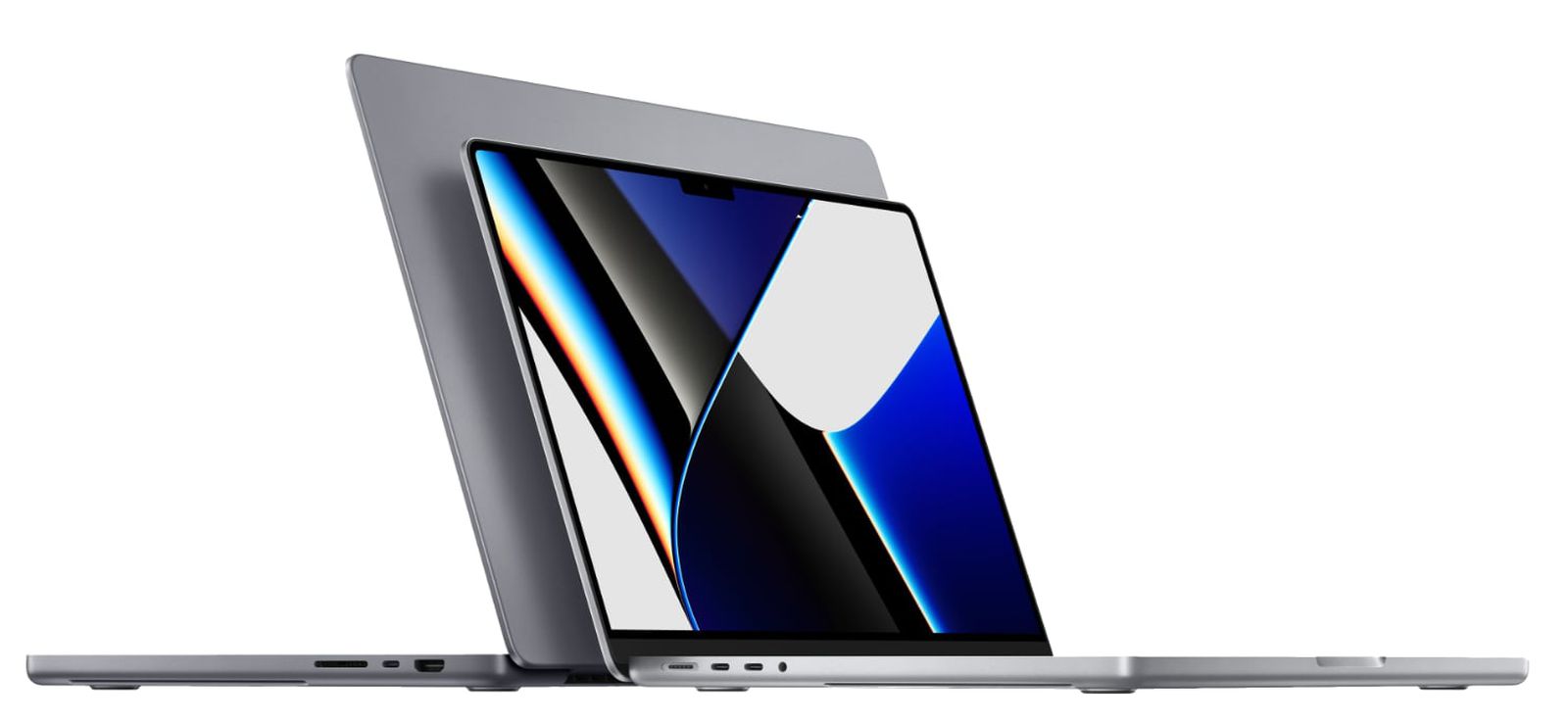
According to a new industry report, Apple's search for additional mini-LED display suppliers has hit a speedbump after its primary candidate's latest attempt to pass certification failed.
The first Apple product to feature the company's Liquid Retina XDR display with mini-LED was the iPad Pro. More MacBook Pro models are expected to use the newer display technology after last year's redesigns.
Taiwan-based Epistar is the main supplier of mini-LED chips for Apple. Epistar plans to expand its chip production capacity to Taiwan and China, while Ams Osram will supply Apple in the second half of 2021.
Sanan Optoelectronics was expected to become the third supplier of mini-LED chips for Apple in the fourth quarter of last year.
The company is still lagging at the stage of small-volume trial production, with the suggestion being insufficient stability in quality and/or patent issues have been holding the supplier back.
Sanan's failure to pass certification, besides quality problems, may be related to patent issues, as Apple requires that its supply chain makers have sufficient tech licenses of their own or from others to avoid patent infringement.
Apple's existing mini-LED based products are expected to increase in popularity in the years to come, and Apple is rumored to be working on more products that use mini-LED technology, including a new iMac, a refreshed MacBook Air, and possibly a refreshed iPad.
Mini-LED displays can offer deeper, darker blacks, brighter brights, richer colors, and better contrast because there's more control over what's displayed on the screen with so many.
It is thought that Apple will transition most of its iPad and Mac lineup to mini-LED display technology over the next year or two.
